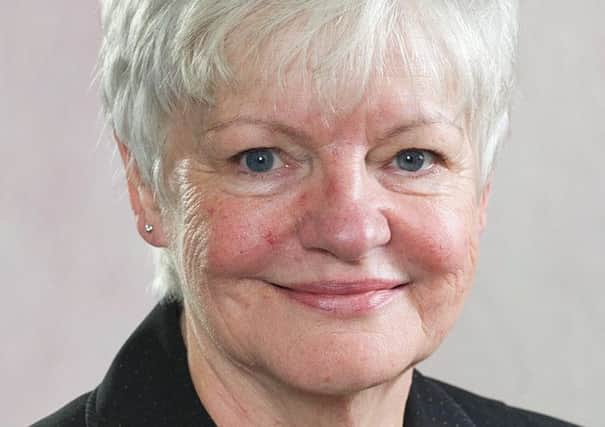'˜Radical' new vision for Lancashire's public sector


A report commissioned by Lancashire County Council suggests councils and health bodies would pool resources to create “wellbeing corporations”, which would deliver services according to local needs.
The report by Pricewaterhouse Coopers (PwC) proposes that five wellbeing corporations in the county would deliver adult and children’s social care, along with all other health services, including hospitals and the acute sector, GPs and pharmacies, in a much more integrated way.
Advertisement
Hide AdAdvertisement
Hide AdNeighbourhoods would be at the heart of public service delivery with a focus on prevention, to improve outcomes for people as well as better managing demand and reducing costs.
These wellbeing corporations would cover the five geographical areas identified in the NHS Sustainability and Transformation Plan for Lancashire: Central Lancashire, Fylde Coast, West Lancashire, North Lancashire and Pennine Lancashire.
The proposals would mean significant changes to the county council, which would directly deliver fewer services than at present, concentrating on delivering those services it was best placed to deliver at a county wide level, such as highways services and supporting schools.
In addition, the planned Lancashire Combined Authority would be responsible for delivering some services that are best delivered on a pan Lancashire level, including some currently delivered by district councils.
Advertisement
Hide AdAdvertisement
Hide AdThe combined authority will largely focus on areas which can help grow Lancashire’s economy and boost prosperity. This would include services such as economic development and regeneration, a number of planning services and waste management.
Speaking about the report, which will go to the Full Council meeting, today, February 23, Jennifer Mein, Leader of Lancashire County Council, said:
“The county council faces the greatest financial challenge in its history, a challenge so great that within a couple of years we will not have the money to deliver the statutory services we must deliver by law. And we know that other public bodies, including councils and health services, are also facing unprecedented financial difficulties.
“This report offers a detailed analysis of the current situation and an innovative vision of how public services across Lancashire could work together to deliver more efficient services, designed around the individual in their neighbourhood, focused on preventing problems rather than reacting to them.
Advertisement
Hide AdAdvertisement
Hide Ad“We will need some time to properly consider these proposals. The ideas in the report would also have significant implications for other public sector organisations, who will also need time to consider them. We can then establish whether there is a consensus amongst partners to move forwards together.
“This is a very radical model that could enable us to collectively save money and provide services much more efficiently but would still leave a significant funding gap for the county. The one thing I can say with absolute certainty is that doing nothing to address this funding crisis is simply not an option.”
The report, produced for the council by professional services firm PwC, suggests how services could work together more efficiently, focusing on individuals and the neighbourhoods they live in, while tackling the financial challenges facing the sector.
The proposals stem from the recognition that all public sector organisations face major financial challenges and a new approach is needed to help improve the health and prosperity of Lancashire residents.
Advertisement
Hide AdAdvertisement
Hide AdUnder the model set out in the report, local councils and health service organisations would pool funding and work together to prevent problems and promote wellbeing rather than reacting to health or social care issues.
The report builds on the conclusions of a workshop held by PwC in October 2016, attended by senior leaders from the county’s public sector organisations.
There was broad agreement at that meeting that organisations needed to think beyond organisational boundaries and structures to tackle the challenges faced by the increasing demands of an ageing population.